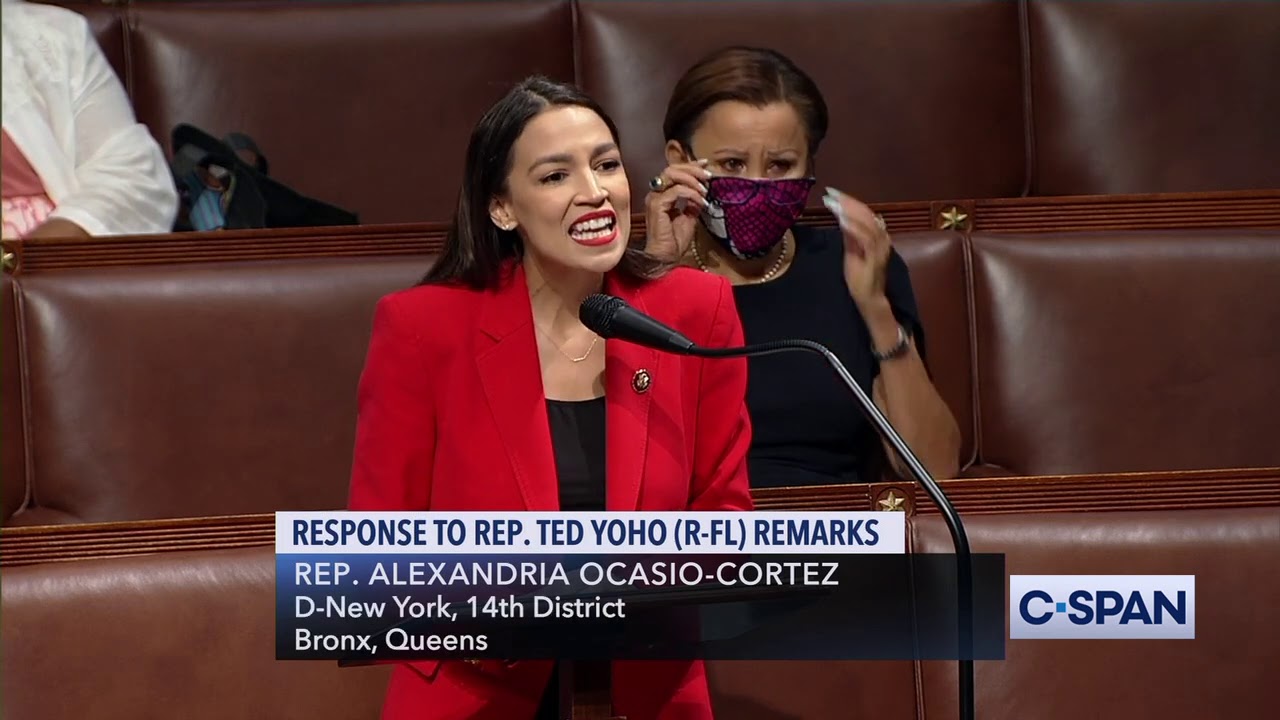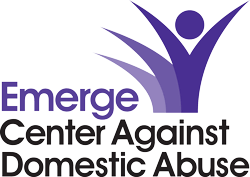
When women and girls are called insulting names, when they are compared to a female dog; it paves the way to justifying other forms of violence against them. The process and act of dehumanization is necessary for violence to infest a community.
We don’t have to agree with Representative Alexandria Ocasio-Cortez’s political positions to appreciate the importance of her brave and powerful response to being called a f****** b**** by one of her congressional colleagues. She has accurately connected her experience of verbal abuse toward her to a larger problem of normalized violence against women in our society. As Rep. Ocasio-Cortez said in her speech, it is common for women and girls to be verbally assaulted, to be harassed, to be cat-called—and “that is the problem”.
Although Rep. Ocasio-Cortez’s comments are absolutely iconic, it is essential to remember that for a variety of reasons, not all women have access or a platform to be able to speak truth to power in the ways that Rep. Ocasio-Cortez did so beautifully in her response speech. It is also important to recognize that no one chooses to be abused, and that enduring abuse can sometimes be a necessary form of survival in relationships where abuse is present.
An “apology” that characterizes behavior as a misunderstanding or where there is an all-out denial (despite the incident being witnessed by others), in addition to invoking having a daughter and wife as a source of credibility, resembles familiar tactics in abusive relationships of minimizing and denying abuse, and victim-blaming.
So often women are often made responsible to do the work of addressing the violence committed against them, and to hold their aggressors accountable. Survivors of violence often face more harm, violence, and re-traumatization as a result of trying to seek justice for themselves.
What if, instead of placing the responsibility on survivors to address those using violence, the community stepped in with support?
At Emerge, we believe that men can play a part in ending domestic violence by challenging the everyday words, actions and beliefs that dehumanize women and girls, and by creating safe spaces. How many of us as men have stayed silent while our friends, family members, or coworkers have used language and behavior similar to the words that were levied in this most recent high-profile example.
How men talk about women that they don’t know, or that they don’t like, can provide an opportunity to intervene on behalf of women’s humanity. This is one step towards living in a safer community.
Engaging the other men in our life is hard, and it’s scary. Emerge hosts weekly spaces for men who are interested in playing a role in shifting norms that dehumanize women and endorse violence in our community. Our 26-week Men’s Education Program (MEP) prepares men to examine our own behaviors and beliefs, and to lead conversations on issues of privilege and safety with other men in their community. For more information about our Men’s Education Program (MEP), please call (520) 444-3078 or email mensinfo@emergecenter.org
